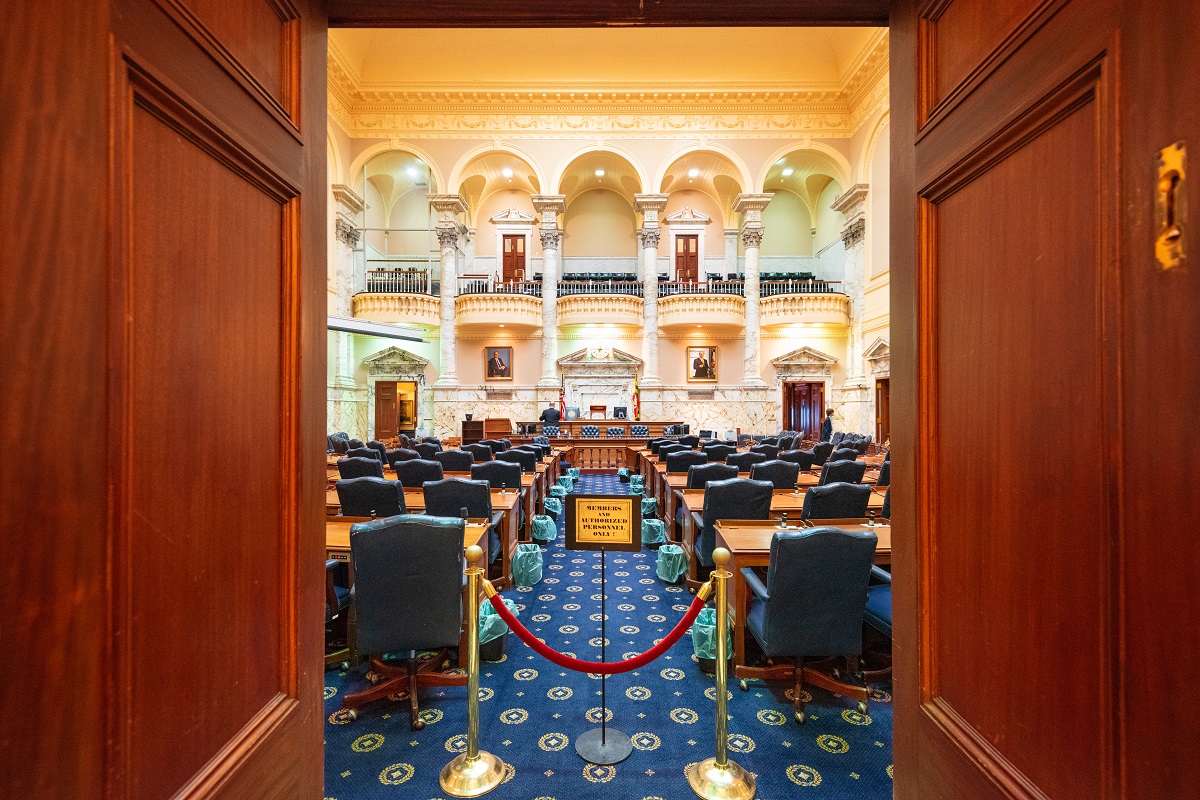The Texas House of Representatives on April 4 voted unanimously in favor of Texas House Bill 4, the Texas Data Privacy and Security Act. The Texas legislature remains in session through May 29, so there is ample time for the legislation to continue its course.
Posts tagged as “state regulation”
March 15 was the deadline for the New York State Department of Financial Services to publish its proposed amendments to its debt collection rule. It didn’t and so they have expired. While the latest version of the proposed amendments has expired, you can bet on DFS releasing an updated version in the coming months.
The New York Department of Financial Services and the New York City Department of Consumer and Worker Protection are simultaneously engaged in amending their consumer debt collection rules. While the DFS rulemaking has been underway for nearly two years, the DCWP began its efforts last fall.
Last year saw an influx of federal and state regulation aimed at what information must be conveyed to consumers in anticipation of the provision of medical services as well as restrictions on the collection of medical debt. Expect more activity in 2023.
Just a few years ago, the annual review would primarily encompass federal activity. But a shift began in 2018, and by the close of this year, it’s clear there is far more state activity impacting consumer debt collection.
The upward trend in data privacy legislation continued in 2022. According to the National Conference of State Legislatures, “[a]t least 35 states and the District of Columbia in 2022 introduced or considered almost 200 consumer privacy bills,” which is a significant increase from 160 bills in 2021.
Legislation introduced in the New Jersey Assembly and Senate would prohibit “health care providers” from furnishing information concerning medical debt to credit reporting agencies.
A group is pushing Arizona Proposition 209, a ballot measure they say will reduce the burden of “medical debt.” But while a small portion of Proposition 209 might relieve some of the burden of medical debt, other beneficiaries are swindlers and bad actors.
On July 29, 2022, the New York Department of Financial Services published pre-proposal draft amendments to its Cybersecurity Regulations, 23 NYCRR 500.00, et seq. , that if adopted will require covered entities to implement numerous policy and operational changes.
On May 10, Gov. Ned Lamont signed into law Substitute Senate Bill 6 (Public Act 22-15), Connecticut’s version of comprehensive consumer data privacy legislation. This makes Connecticut the fifth state to enact such legislation, following California, Virginia, Colorado, and Utah. The Act will go into effect July 1, 2023.
Medical debt continues to capture the attention of state and federal government, with lawmakers and regulators continuing to target how medical debt is collected and how it is reflected on a consumer credit report.
There remain over 30 comprehensive consumer data privacy bills pending in the states, but some are falling off the chart as the legislative sessions come to an end. While the number of active bills is decreasing, there is one new state data privacy law, and others that continue to show movement.












